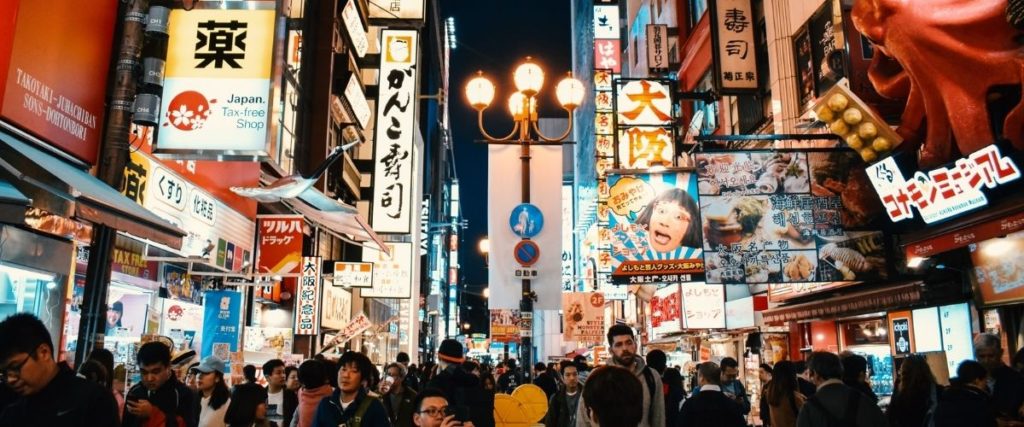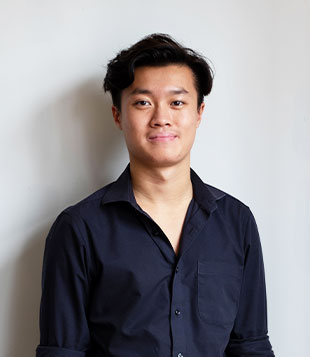Japanese Prime Minister Yoshihide Suga has announced the temporary suspension of a domestic tourism campaign intended to revitalise the economy in some of Japan’s hardest-hit cities. The abrupt decision is likely to cost him support, and hurt his chances of re-election.
––
Amidst a nationwide surge in COVID-19 cases, the central government has decided to temporarily exclude Sapporo and Osaka from its “Go To Travel” campaign, which would have provided Japanese residents with subsidies of up to 50% on transportation, hotels, shopping, and more.
Why it matters: The news will surely come as a devastating blow to those businesses local to the cities now exempt from the programme.
• “This will have a large impact on travellers and local businesses alike,” tourism minister Kazuyoshi Akaba said. “It was a bitter decision to make.”
• Japan is suffering what seems to be a third wave of COVID-19 infections, with over 1000 infections a day in the past two weeks.
• Its economy suffered a 8.2% contraction in the second quarter of 2020, the largest recorded in the country since 1955, as pandemic measures afflicted business owners across the nation.
• However, local businesses are expected to receive compensation from the central government for the temporary suspension of the programme. For example, 35% of the accommodation costs will be returned to hotel operators when existing reservations are cancelled.
The programme: The 1.7 trillion yen “Go To Travel” campaign began in late July this year, with all Japanese cities included in the programme. Osaka and Sapporo have since been pulled from the list of eligible cities, as both experienced record numbers of daily infections last week.
• The campaign is one of a four-part plan initiated by the Japanese government to revive the struggling economy; other programmes include “Go To Eat”, “Go To Event”, and “Go To Shotengai (shopping streets)”.
• Phase One of “Go To Travel” – between July 22 to August 31 – helped to reimburse travellers 35% of their accommodations or day trip costs, while Phase 2, which began on October 1, reimbursed travellers 50% of their travel costs (up to 20,000 yen per night’s stay), and also provided them with vouchers that can be used at various locations.
• No decision has been made on Tokyo, the Japanese city with the largest population in the country – over 9.2 million residents.
• However, the Tokyo government announced today a decision to halt the “Go To Eat” programme in the city.
• Yesterday, PM Suga defended the programme, saying that it was not related to the growing number of COVID-19 cases in Japan. When questioned by Yukio Edano, leader of the main opposition Constitutional Democratic Party of Japan, Suga responded, “I think you are aware that the government panel (on coronavirus) last Friday said there is no evidence that shows the campaign is a major cause of the spread of the virus.”
• According to the Japan Tourism Agency, the government spent over 139.7 billion yen (~USD 1.34 million) on the programme between July 22 and October 15.
Looking ahead: Experts say Japanese PM Suga’s chances of re-election are now shrouded in doubt following this latest policy reversal, which some say have portrayed an image of “indecisiveness”. Opposition parties have also openly criticised Suga’s decision.
• “The timing of the announcement was too late, and both the timing and target areas are not clear,” said Tetsuro Fukuyama, secretary general of the opposition Constitutional Democratic Party of Japan.
• As COVID-19 infections continue to rise, some have lambasted Suga’s attempt to stimulate the economy with these programmes, arguing that the programmes are simply encouraging people to move around during the pandemic.
• “His ratings will decline, almost certainly,” said independent political analyst Atsuo Ito, when speaking to Channel News Asia. “The view may spread that he puts a priority on keeping the economy running rather than protecting people’s lives.”
Related Articles
What Vietnam’s Stellar COVID-19 Response Means For Its Economy
Japan-Australia Defence Pact Could Worsen Tensions with China
Hong Kong-Singapore Travel Bubble Postponed Amid Covid-19 Spike





